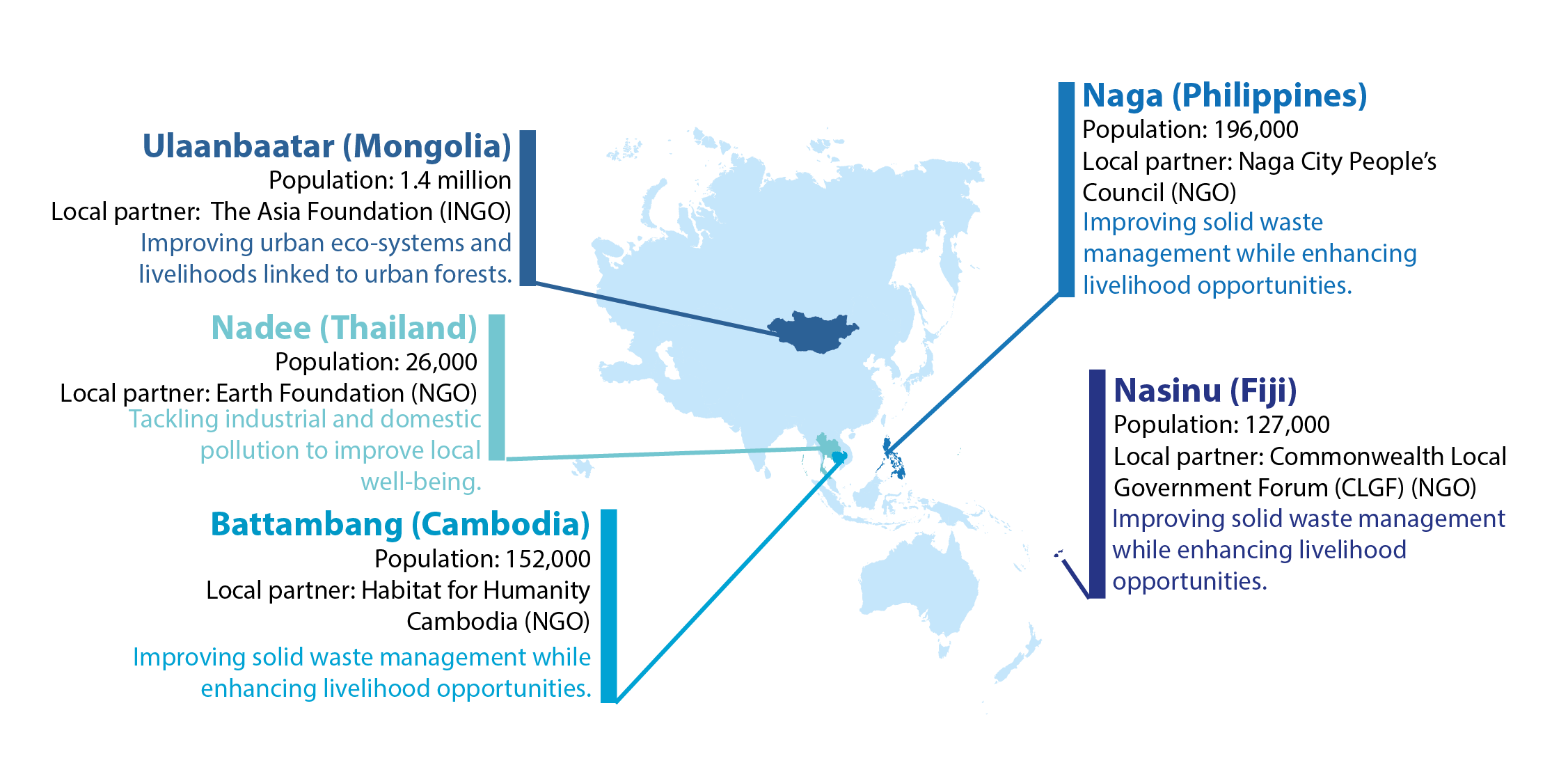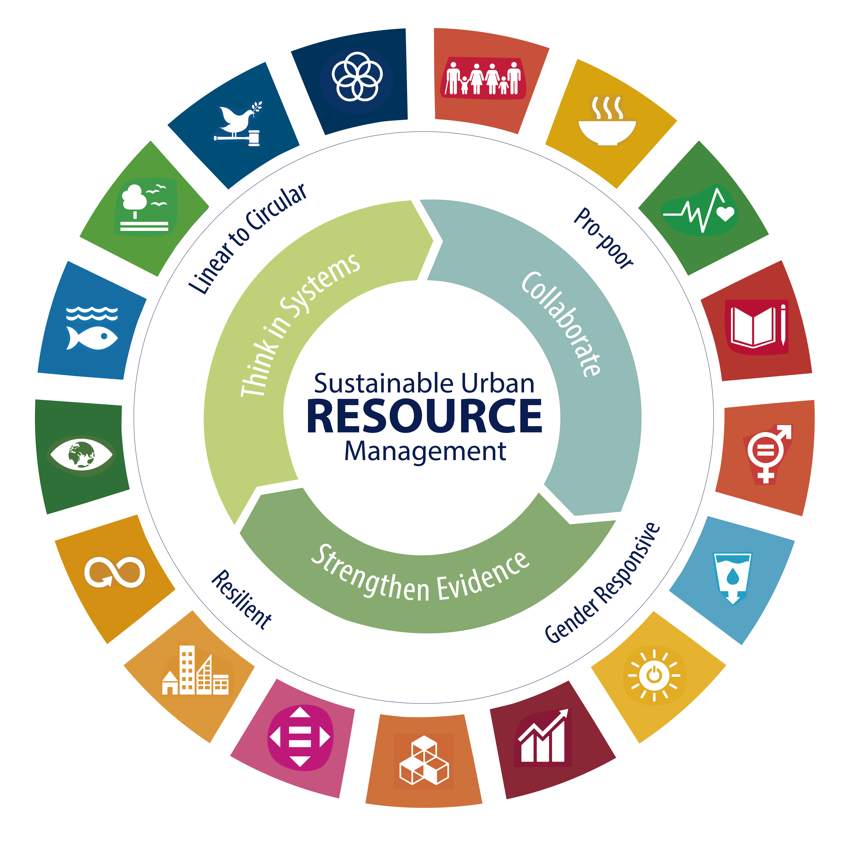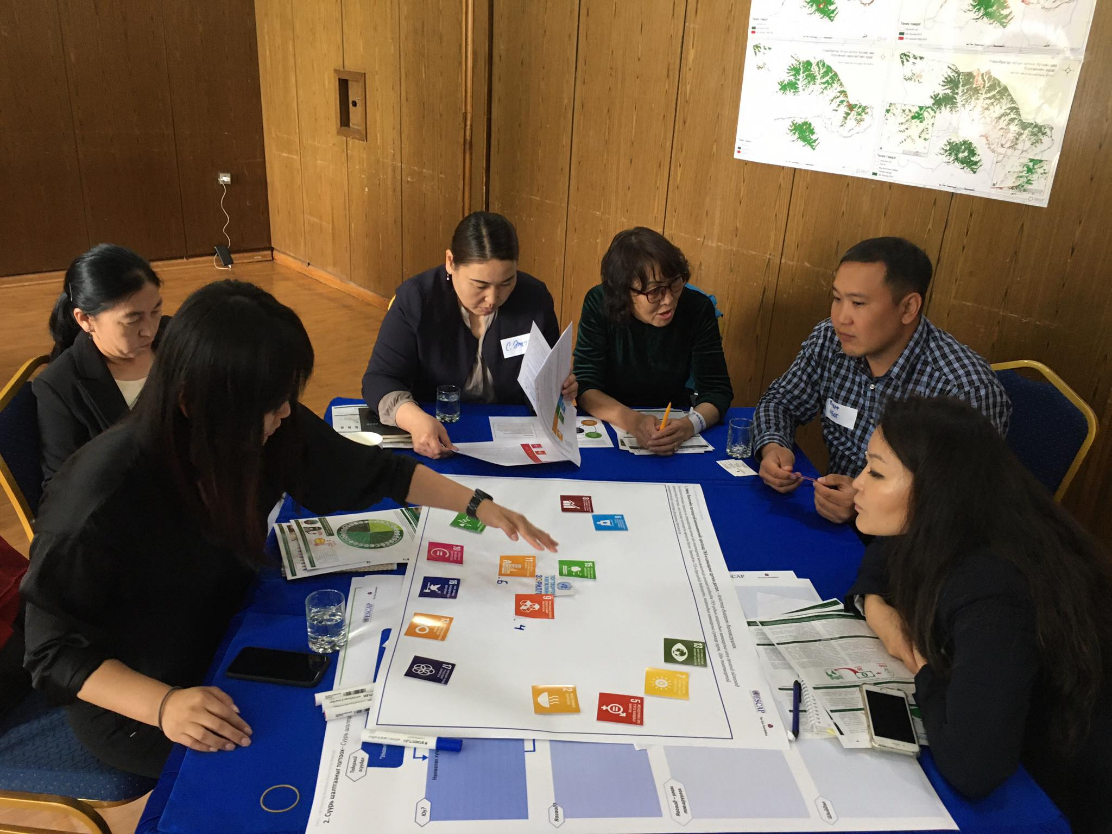
NEWS
UN ESCAP and UN-Habitat are implementing the Project “Integrating the Sustainable Development Goals (SDGs) into Local Action in Support of the Implementation of the 2030 Agenda in Asia and the Pacific (2018 – 2021)” regionally and in five pilot cities with local partners from different stakeholder groups including local government, non-governmental and community-based organizations, academia and the private sector.
Cities are important catalysts of change that is vital for the achievement of the Sustainable Development Goals (SDGs) by 2030 and tackle the climate crisis through SDG localization strategy with a focus on sustainable urban resources management. We can strengthen the capacities of local governments and other key urban stakeholders to implement the 2030 Agenda in the area of urban resource management by supporting processes of collaborative and adaptive urban governance through multi-stakeholder coalitions; integrated analysis and planning through systems thinking approach; and evidence-based decision-making through a data, information and evidence collection, analysis and dissemination process.
The Sustainable Urban Resource Management (SURM) approach aims to enable cities to operate within planetary boundaries whilst fulfilling essential human needs and ensuring wellbeing and prosperity for all, minimizing the negative and maximizing the positive environmental, social, and economic impacts of urban consumption and production systems. Ultimately, SURM approach supports cities to transform from using resources in ways that are linear and inequitable to ways that are more circular and equitable.
The SDG Localization process focused on building local capacities for sustainable urban resources management. Sustainable Urban Resource Management is an approach to transform urban consumption and production systems through interventions that are linear to circular, moving from the wasteful and harmful linear ‘take-make-dispose’ models to more circular models.
To learn more about the project, please visit: https://www.unescap.org/projects/da11. 
Participants brainstorming over SDGs Cluster Analysis exercise, which considers the linkages between various SDGs in the context of SURM.









